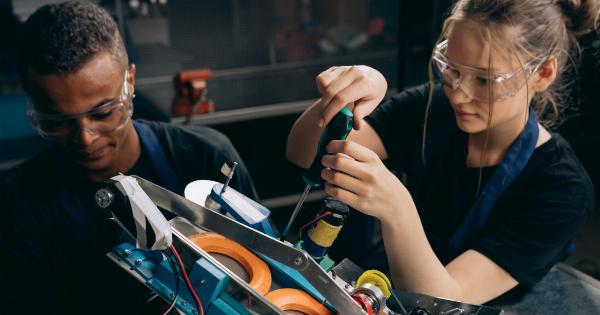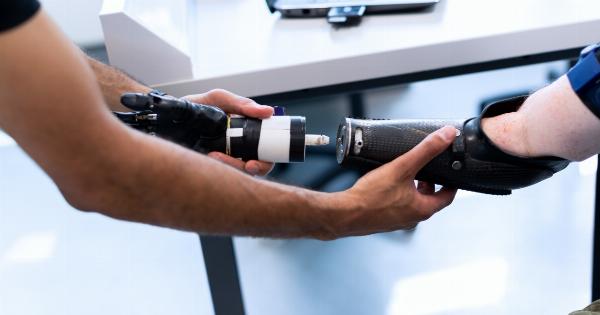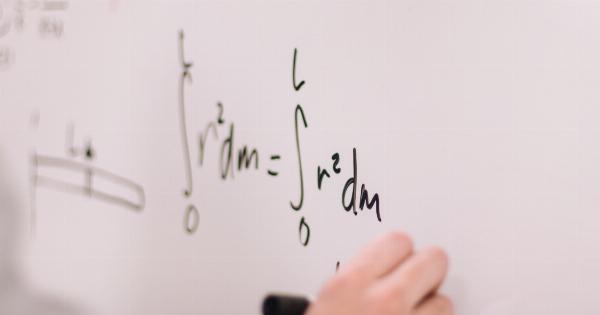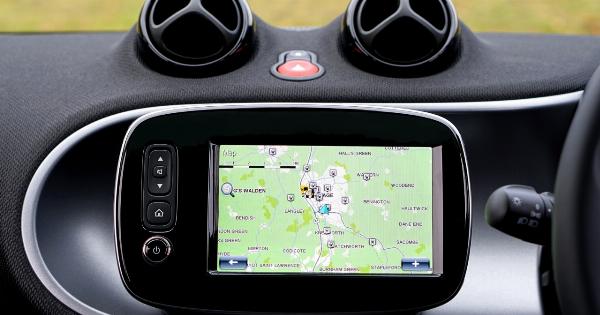Artificial intelligence (AI) technology is transforming the world and changing lives in ways we couldn’t have imagined just a few years ago. The latest example is the story of a paralyzed man who can write twice as fast thanks to AI technology.
The Background
Meet Michael Veltri, a successful businessman and professional speaker. Unfortunately, he was diagnosed with a debilitating spinal cord injury that left him paralyzed from the chest down.
Despite this setback, Veltri has continued to work and inspire people all over the world.
The Problem
The challenge for Veltri was that he had to use a slow and laborious process to write his speeches and presentations. He had to type using a mouth stick, which was not only painful but also incredibly time-consuming.
He needed a more efficient way to communicate his thoughts and ideas without the pain and frustration of typing.
The Solution
Veltri was introduced to an innovative AI technology that would allow him to write twice as fast as his traditional method.
The system is called Brain-Computer Interface (BCI) and it works by detecting the electrical brain activity associated with the movement of the right hand.
The Process
Veltri was fitted with a cap that had sensors that detect his brain waves. He then underwent a training process that involved imagining movements of his right hand while the brain waves were being monitored by the cap.
Once the system had learned Veltri’s brain waves, he was then able to write on a computer using his mind.
He would imagine moving his right hand, and the system would interpret his brain waves and produce the corresponding letter or symbol on the screen.
The Results
The results have been incredible. Veltri can now write twice as fast as he could before, and the process is pain-free and much less frustrating than typing with a mouth stick.
He has been able to create presentations and speeches with greater ease and efficiency, which has allowed him to focus more on the content of his work.
The Benefits of AI Technology
Veltri’s story is just one example of how AI technology is benefiting people with disabilities. BCI technology has opened up a world of possibilities for people who are paralyzed or have limited mobility.
It has given them the ability to communicate more quickly and easily than ever before.
But the benefits of AI technology go beyond just helping people with disabilities. It has the power to change the way we work, learn and communicate on a wider scale.
It can help us automate repetitive tasks, analyze large amounts of data quickly and accurately, and even assist us in making complex decisions.
The Future of AI Technology
The future of AI technology is exciting and full of possibilities. As the technology continues to evolve, we can expect to see more applications that will change the way we live and work.
From self-driving cars to virtual assistants, the potential for AI technology is limitless.
As the technology advances, we must also keep in mind the ethical concerns that come with it.
We need to ensure that AI is being developed and used in a responsible and ethical manner, and that it is not contributing to the marginalization or discrimination of certain groups of people.
Conclusion
The story of Michael Veltri is a testament to the power of AI technology to transform lives. The Brain-Computer Interface has given him the ability to write faster, more efficiently, and with greater ease than ever before.
It has opened up new possibilities for people with disabilities and has the potential to change the way we live and work on a wider scale.
As we move forward, we must embrace AI technology with a sense of responsibility and use it to create a better world for all people.





























